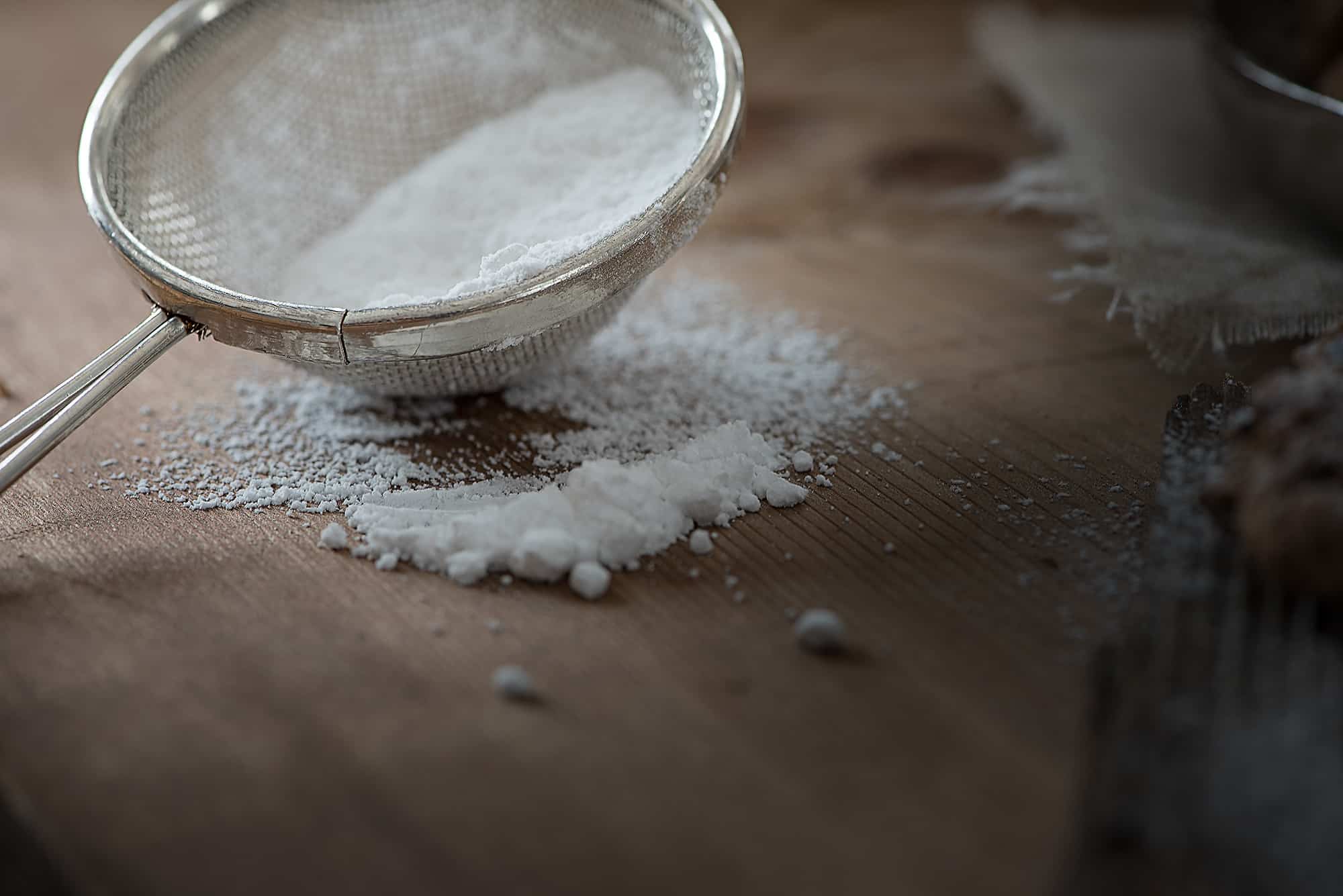Effect of Carbohydrate Intake on Depression
By Laura Sheehan
I was never formally diagnosed with depression and I have never taken depression medication, but I can attest to the effect that altering my carbohydrate intake had on my depression symptoms. In short, I am cured of my symptoms when I avoid refined white sugar, and my symptoms return when I begin to consume refined white sugar again.
Research by Akbaraly et al.1 concluded that a processed-food based diet is associated with increased risk for depression while a whole food based diet is protective. In another older study 2, nondepressed individuals were found to consume more protein relative to carbohydrates, but in depressed individuals, it was the other way around.
So does this mean that high carbohydrate diets are associated in general with increased risk for depression? Recent research has revealed that depression is more a result of systemic inflammation than a chemical deficiency in the brain.3 Because of the inflammatory effect of high blood glucose 4, one can conclude that eating too much sugar and carbohydrates cause depression.
Many nutrition textbooks state that carbohydrate intake should be no lower than 50-100 grams per day. 5 It is my clinical experience that lowering carbohydrate intake in general to these levels can have a positive impact on mood and help individuals with depression.
References
-
- 1. Akbaraly TN, Brunner EJ. Dietary pattern and depressive symptoms in middle age. British Journal of Psychiatry. 2009;195(05):408-413. doi:10.1192/bjp.bp.108.058925.
- 2. Christensen L, Somers S. Comparison of nutrient intake among depressed and nondepressed individuals. International Journal of Eating Disorders. 1996;20(1):105-109. doi:10.1002/(sici)1098-108x(199607)20:1<105::aid-eat12>3.0.co;2-3.
- 3. Leonard B, Maes M. Mechanistic explanations how cell-mediated immune activation, inflammation and oxidative and nitrosative stress pathways and their sequels and concomitants play a role in the pathophysiology of unipolar depression. Neuroscience & Biobehavioral Reviews. 2012;36(2):764-785. doi:10.1016/j.neubiorev.2011.12.005.
- 4. Dandona P, Ghanim H. A. Insulin infusion suppresses while glucose infusion induces Toll-like receptors and high-mobility group-B1 protein expression in mononuclear cells of type 1 diabetes patients. American Journal of Physiology-Endocrinology and Metabolism. 2013;304(8). doi:10.1152/ajpendo.00566.2012.
- 5. Insel P, Ross D. Carbohydrates. In: Nutrition. 6th ed. Burlington, MA. Jones & Bartlett Learning; 2016: 138-171.

